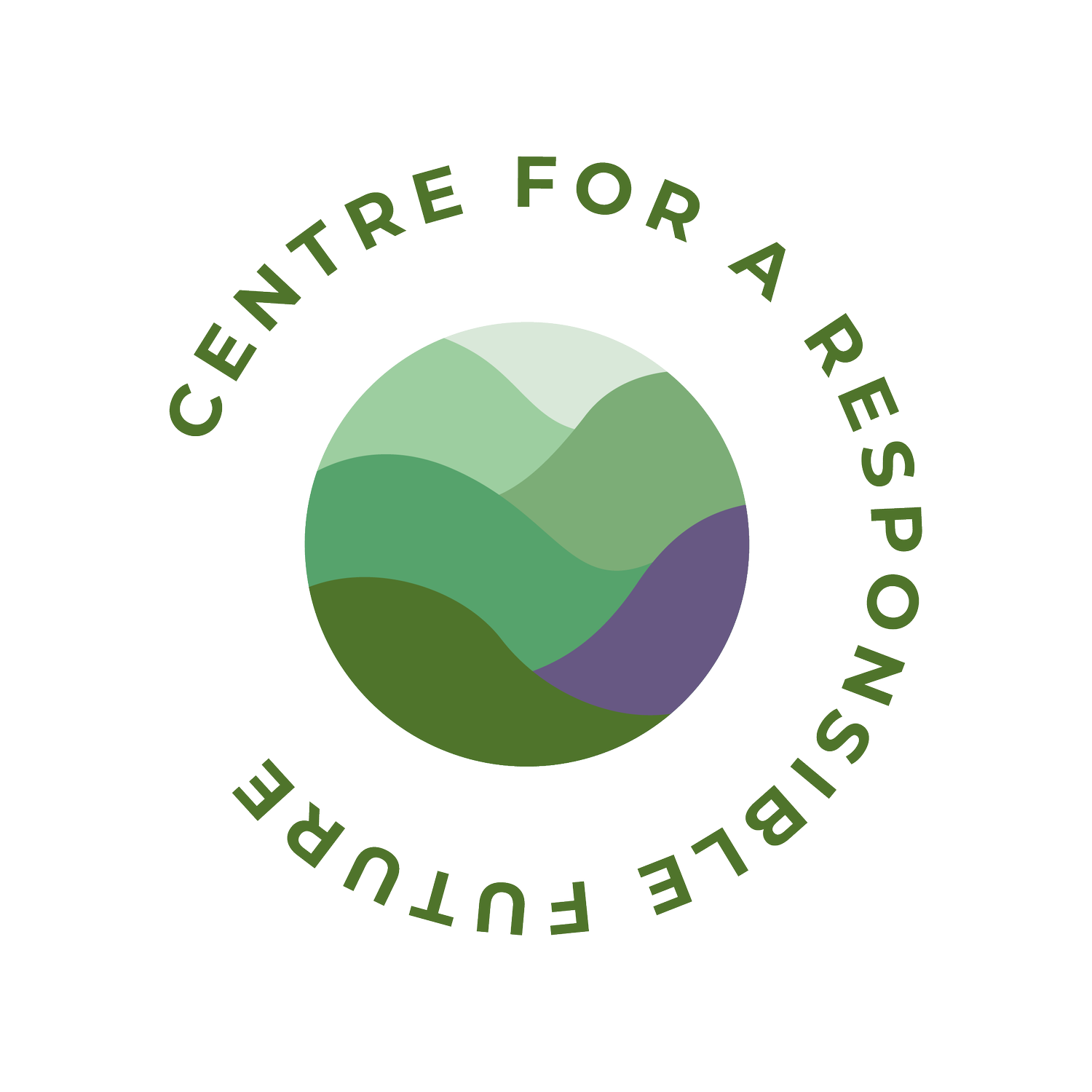#2: Soy, Peas or Beans: The Wide Variety of Plant Based Protein
Environmental Impacts of Different Protein Sources Vary Greatly
Along with looking at nutrition, in an era of intense climate change it is also important to look at the environmental impact of our foods. For a start, meat has a far worse environmental impact than plant-based proteins. Making one pound (454 grams) of lamb generates five times more greenhouse gasses (GHG) than making a pound of chicken and around 30 times more than a pound of lentils, the World Economic Forum (WEF) observed. Just as different types of plant-based protein ingredients have different nutritional values, the environmental impacts of different types of plant-based protein ingredients vary greatly.
Research in Sweden on yellow peas, grey peas, fava beans, common beans and lentils, for instance, revealed large differences in energy use and GHG emissions in their production. Fava beans and yellow peas had low environmental impacts, while common beans had the highest impacts.
Peas may indeed be better options. Time magazine explained that peas require less water than soy or corn, are drought tolerant and reduce the need for nitrogen fertilisers.
Soy is at the other end of the spectrum. The WWF said the soybean industry is causing widespread deforestation. The Global Performance Nutrition Institute (GPNI) also noted that industrial soybean crops need large amounts of acid-neutralizing lime as well as synthetic fertilizers, pesticides, and herbicides, all of which create environmental hazards.
Choose Wisely
While the concise information here is limited and the research is complex, it’s clear that protein, nutrition and environmental impacts vary greatly depending on the source of the plant-based food. Figuring out what types of protein are right for you may take some time. If you’re like many people, though, you’ll likely choose some favourite foods and stick with them. Doing some research up front to choose your favourites well will benefit your health and the planet.
By Richard Hartung
Richard is currently the Treasurer of Centre for a Responsible Future. He has more than 20 years of experience in consumer financial services and is also a freelance writer for newspapers, magazines and corporates, with a deep interest in sustainability and plant-based diets.


